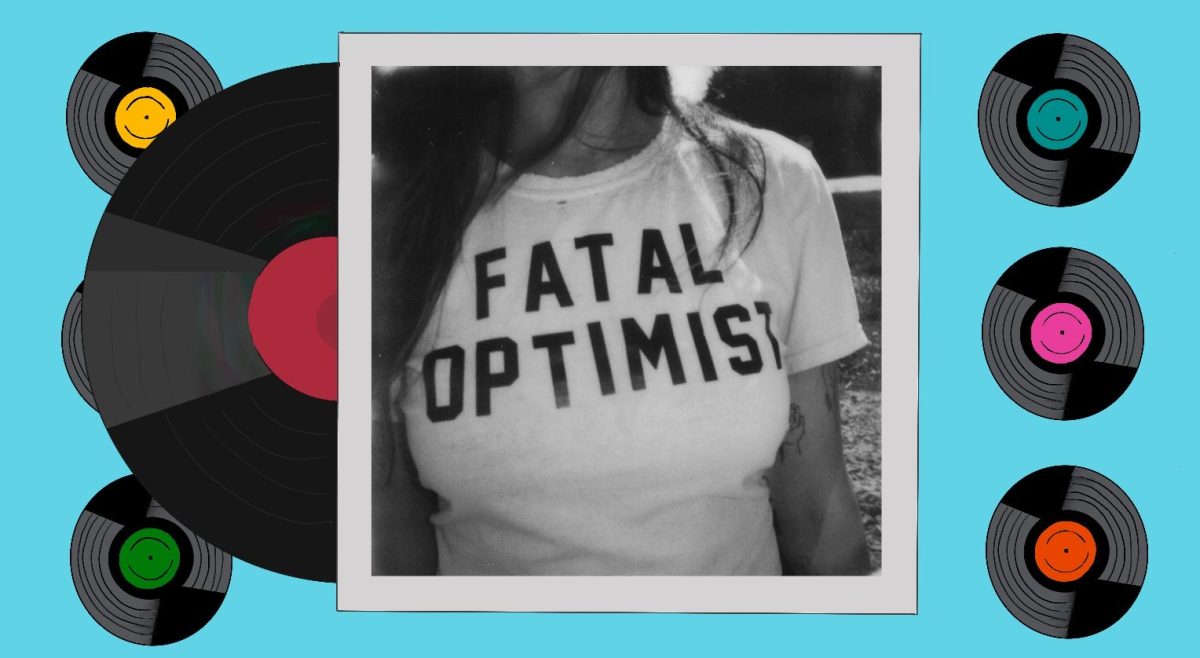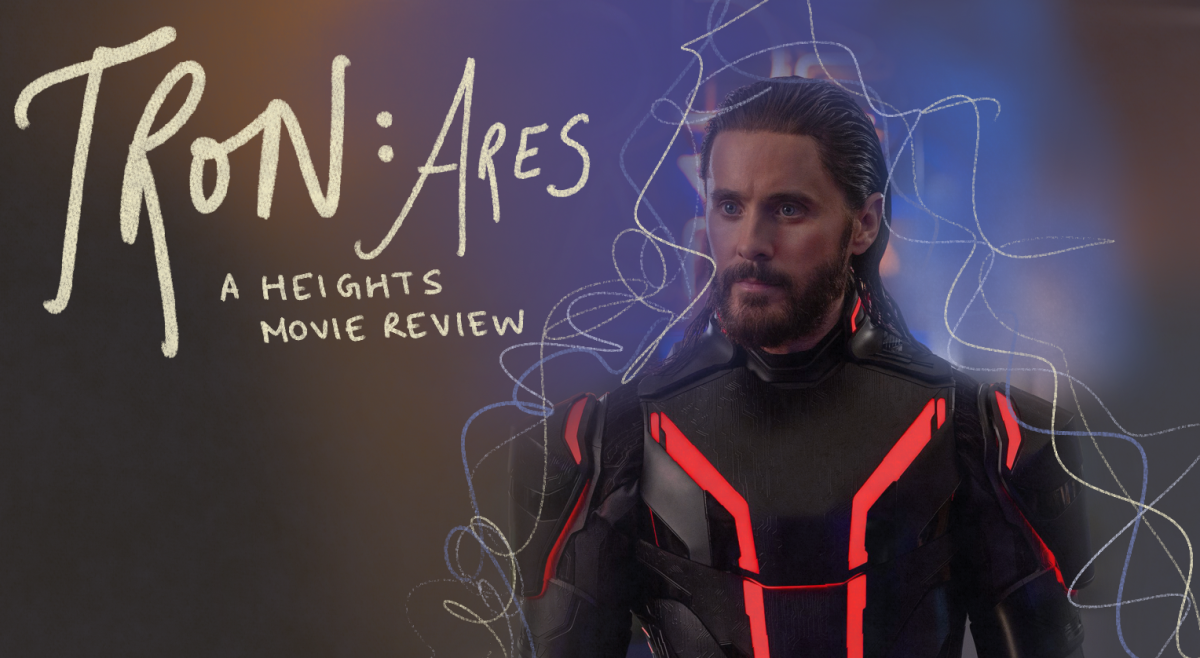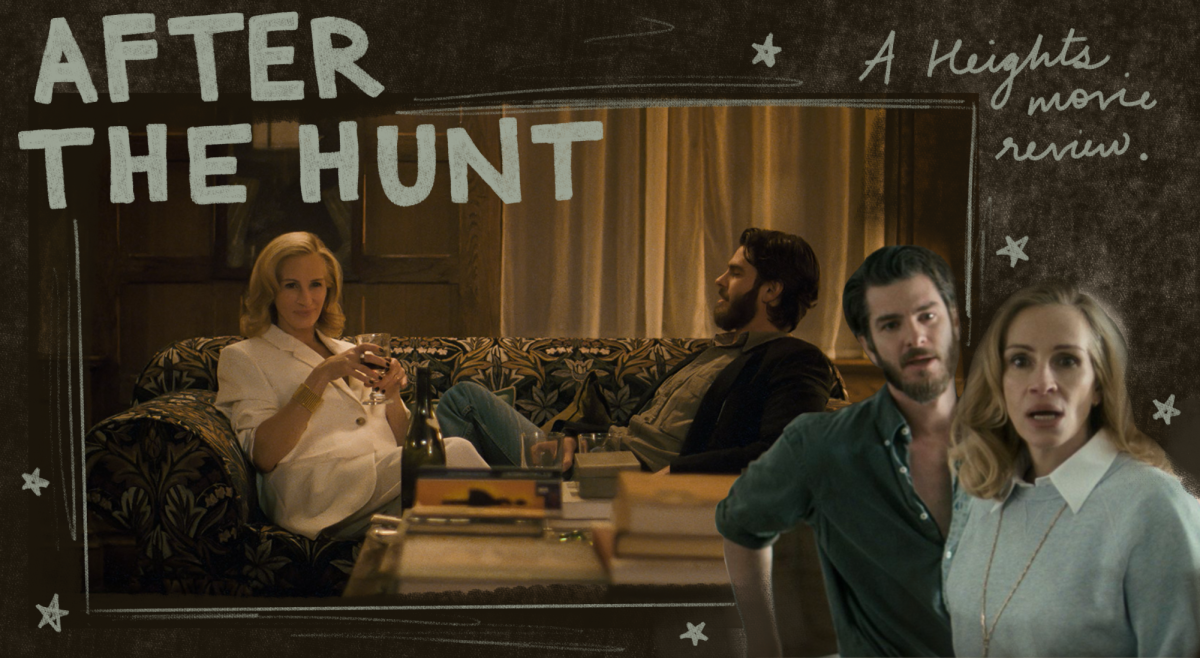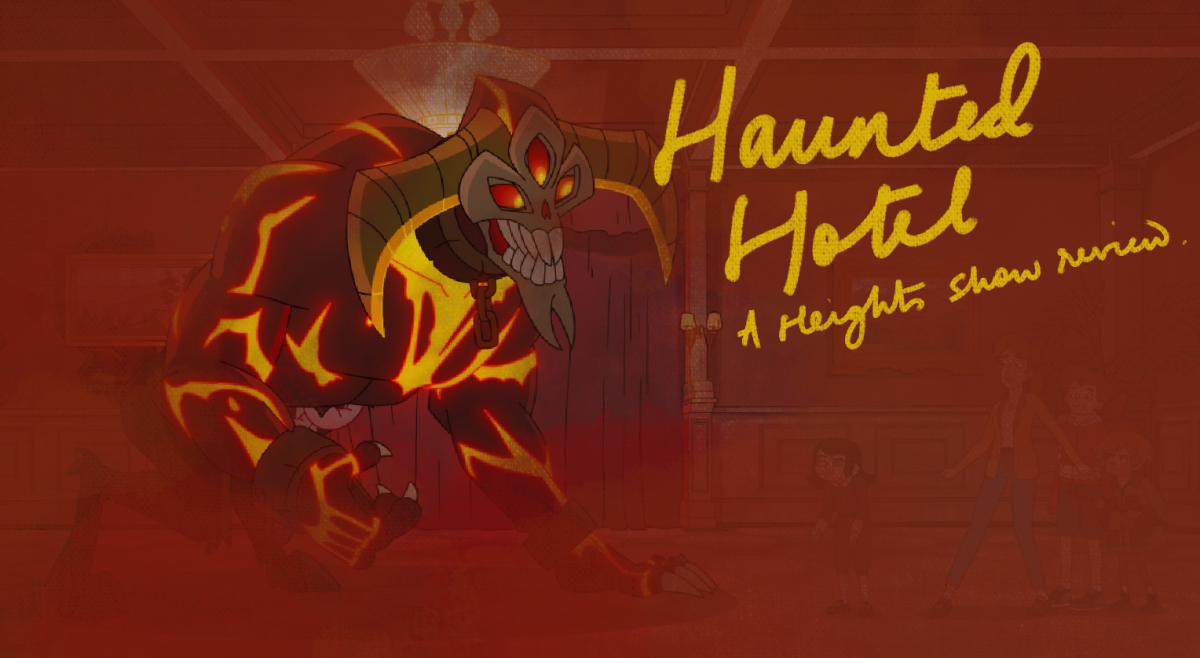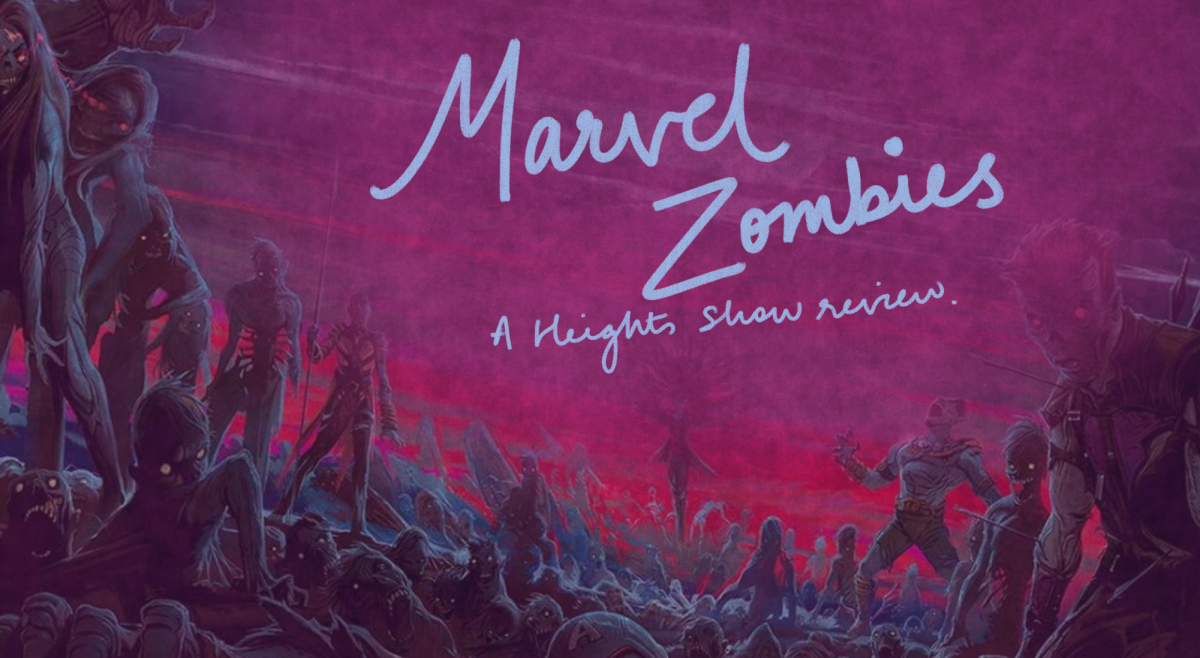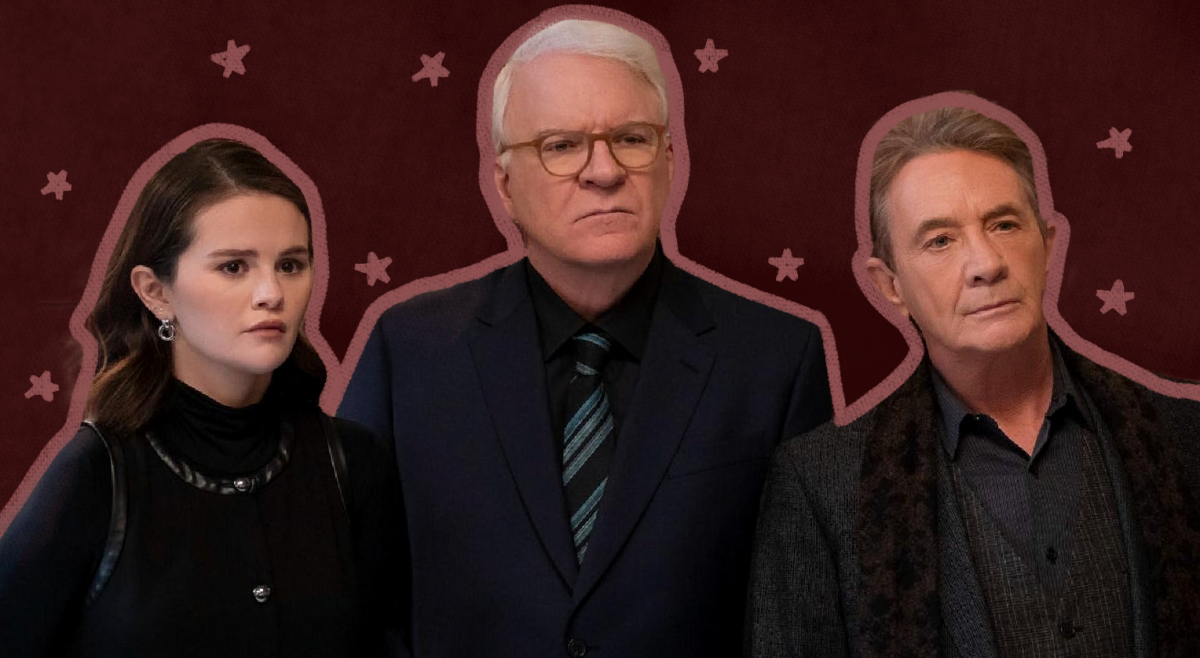★★★★☆
Diving into the tumultuous world of drug cartels, Netflix’s latest offering, Griselda, brings to the screen a riveting tale of crime, power, and resilience. Released on Jan. 25, the show centers around Griselda Blanco (Sofía Vergara) and her life as the “Godmother of Cocaine.” From the slums of Colombia to the streets of Miami, the series follows both Griselda’s climb to power and the nuances of her personal and family life.
Griselda, directed by Andrés Baiz and starring a talented ensemble, promises to be more than just a crime drama—it is meant to be a deep exploration of a figure who left an indelible mark on the criminal underworld.
To do so, the show borrows from real events. The opening of Griselda plunges viewers into her early life. The show opens in Medellín, Colombia, the place Griselda flees from with her three children, after killing her husband.
With her cunning mind and unyielding spirit, Griselda begins to carve out a niche for herself, but she faces distinct challenges. The narrative highlights the escalation of Griselda’s operations and the beginning of the ruthless tactics she uses to maintain power and control. Everything begins smoothly as she meticulously plans, but she finds her enterprise difficult to sustain in the male-dominated market.
Griselda immerses its viewers in the ’70s milieu with Armando Salas’ richly textured cinematography. To produce the show’s cinematography, Salas explored films and still photography from the ’70s to find the color difference from those produced by current digital cinematography. He created a color palette and grain structure to imitate the photography of the ’70s.
These careful technical structures combined with the costumes, hairstyle, and makeup of the actors, create a show that successfully portrays a story set in the last century.
An important theme in the portrayal of this character is motherhood. Griselda is for sure the “Godmother” of the immigrants and prostitutes who work for her. She protects them, while providing shelter and, more importantly, money for them to live in a foreign country. To these people, Griselda is a mother of hope. Griselda’s protection, however, comes with a twisted cost.
Griselda is also the mother of her three sons. Therefore, the narrative also shows the nurturing side to her, creating an interesting contrast against the ruthless means with which she handled her business. Her children also have to deal with the multifaceted image of their mother, as Griselda manages her business under their witness.
June Hawkins (Juliana Aidén Martinez), a female intelligence analyst in the police department of Miami, also stands out. Hawkins mirrors Griselda. The two women share many cultural and family backgrounds, but they live on opposite sides of the seemingly indestructible drug cartel. With the dichotomy between Griselda and Hawkins, the show leaves its audience plenty of space to judge and think about the two women and their roles in a male-dominated world.
With beautiful texture and color throughout the first six episodes, Griselda tells the story of the complex life of a criminal, a mother, a lover, and a killer. If you enjoy watching a smooth-paced crime show, Griselda is a great choice that will take you out of this world and submerge you into the twisted world of a ’70s villain and her drug empire.


